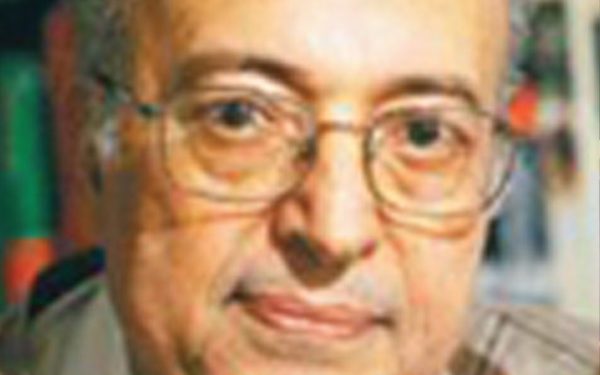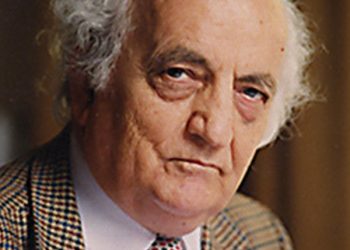Abdulwahab El-Messiri was born in Egypt in October 1938. After graduating from the English Department of the Faculty of Literature at Alexandria University, he began his academic career as a lecturer. In 1964, he received his master’s degree in Comparative English from Colombia University in the US and his PhD from Richard University in 1969. It was at the same university that El Messiri met and became close friends with Edward Said and Noam Chomsky (Temmam, 2010). After returning to Egypt, he returned to Alexandria University and then taught at many Arab universities, including Ain Shams University, King Saud University (1983-1988), Kuwait University. He was a visiting professor at the Islamic University of Malaysia and the Nasser Military Academy.
He also served as a member of the Board of Trustees of Pleisberg University of Islamic and Social Sciences in Pleisberg, Virginia, USA. Abdulwahab Al-Messiri, who has a multifaceted career, worked at Al-Ahram Center for Political and Strategic Studies. He also served as the cultural attaché of the Arab League to the UN in New York. He has also been active on the publishing side, serving as editorial advisor to a number of yearbooks published in Malaysia, Iran, the US, the UK and France. Criticizing the understanding of human offered by modernity, he has written on secularism, Jews, the New World Order, corruption, identity, humanity, morality and many other topics.
The author, who advocates the view of “transcendent man”, sees man as a being beyond matter (Temmam, 2010). The author, who initially followed a Marxist thought, states that he has never had a materialist approach towards human beings (Temmam, 2010). Many of his books such as The Dance of the Pen, The Game of the Signifier, Secular Imperialist Epistemology and Prejudice have been translated into Turkish. In his book The Dance of the Pen The Game of the Signifier Secular Imperialist Epistemology, he analyzed the relationship between Western thought and imperialism, democracy and the understanding of the universe.
He has a book titled Language and Metaphors and an encyclopedia titled Jews, Judaism and Zionism. Hamburger Civilization is a collection of Dr. Abdulwahab El-Messiri’s columns and articles in Timeturk newspaper. This book, which was published with the leadership of the Timeturk newspaper after the author’s death, includes discussions on Zionism, Islam and Al-Messiri’s discussions on philosophy and religion. Dr. Al-Messiri’s storybooks and a book of children’s poetry have been published. He has also published an autobiography entitled Rihleti al-Fikriyye. This book deals with his world of thought and his perspective on life. His articles were published in the Turkish websites “Timeturk” and “Dünya Bülteni”. In an interview with Dünya Bülteni, he shared his thoughts on many issues including dialog with the West, Zionism, governance and democracy. He also participated in active politics and took part in the leadership of the “Kifaye” movement. Dr. Abdulwahab al-Messiri passed away on July 3, 2008 after a long struggle with illness.
References
El-Messiri, A. (n.d). “نبذة عن المسير” http://www.elmessiri.com/ Kendir, H. (2007, May 21 ). ‘İnsandan Allah’a ulaştım’ . Dünya Bülteni. https://www.dunyabulteni.net/arsiv/8216insandan-allah8217a-ulastim8217-h14578.html
Temmam, H. (2010). Abdulvahab El-Messiri’nin Zihin Dünyası. Hamburger Medeniyeti. İstanbul: MANA Publications.













































